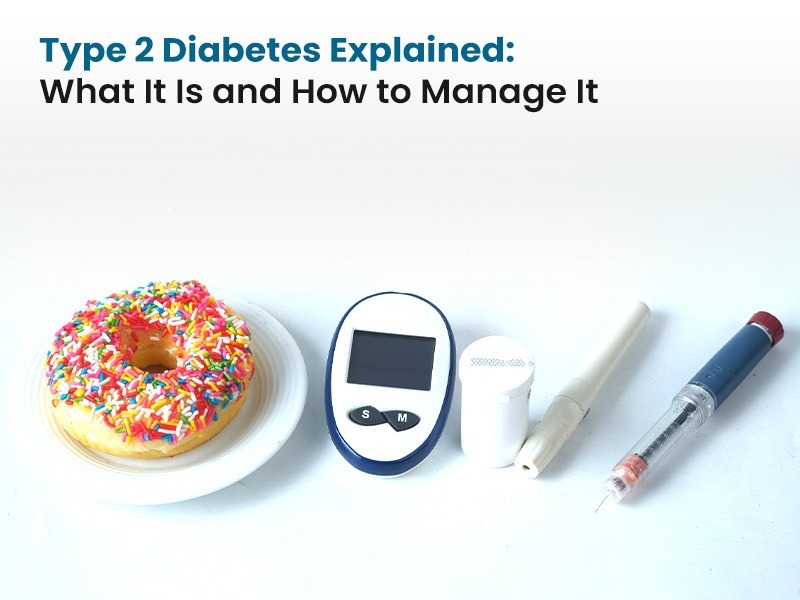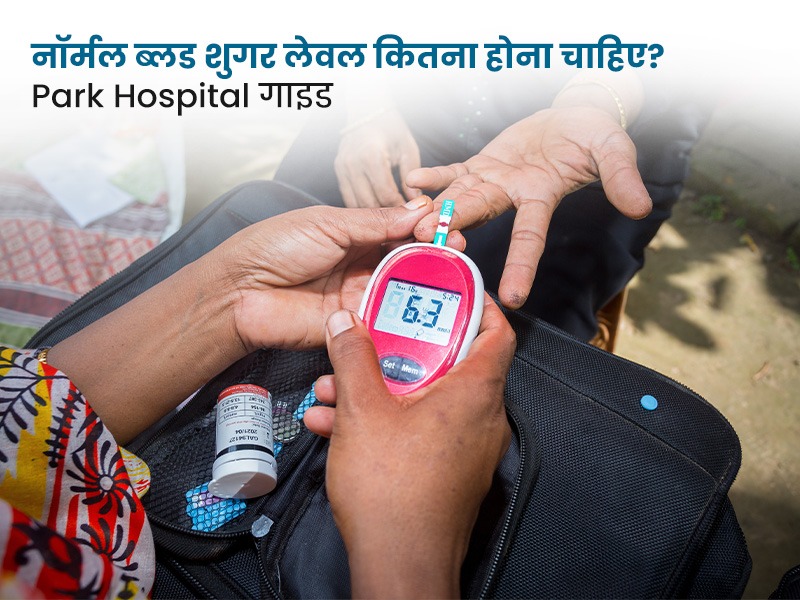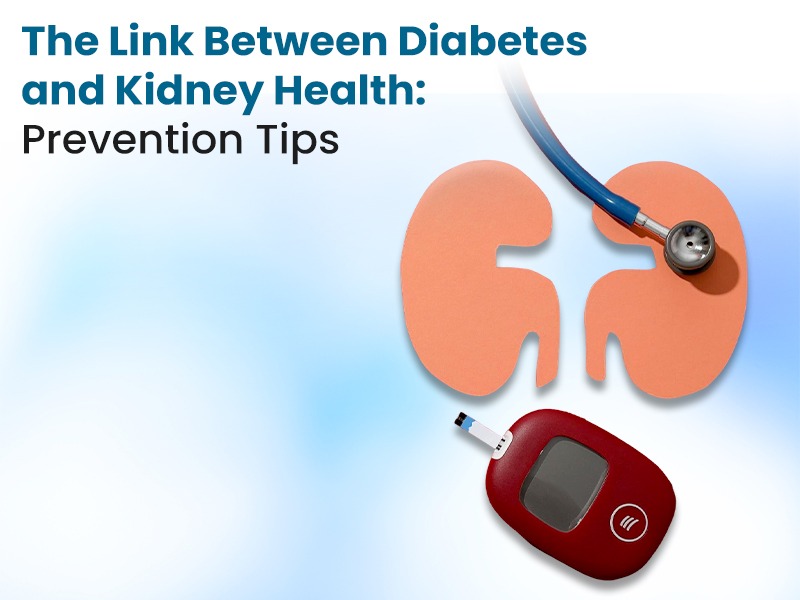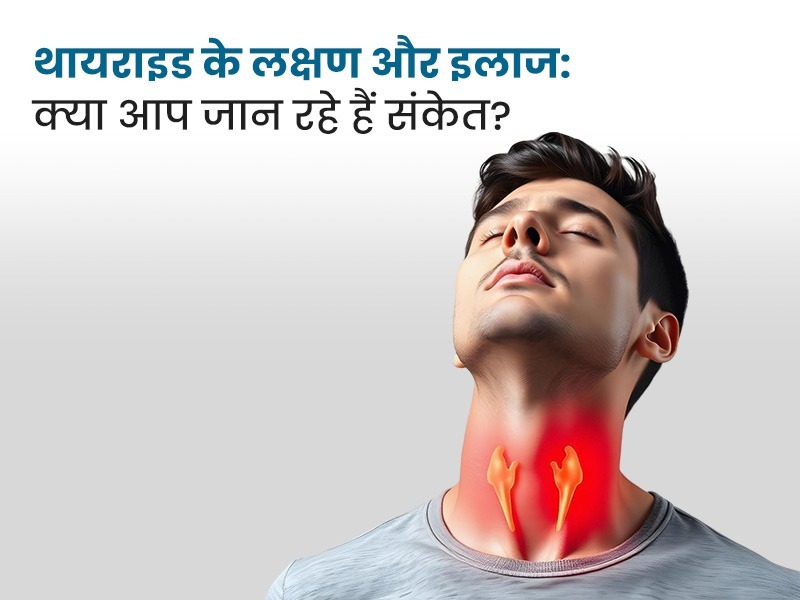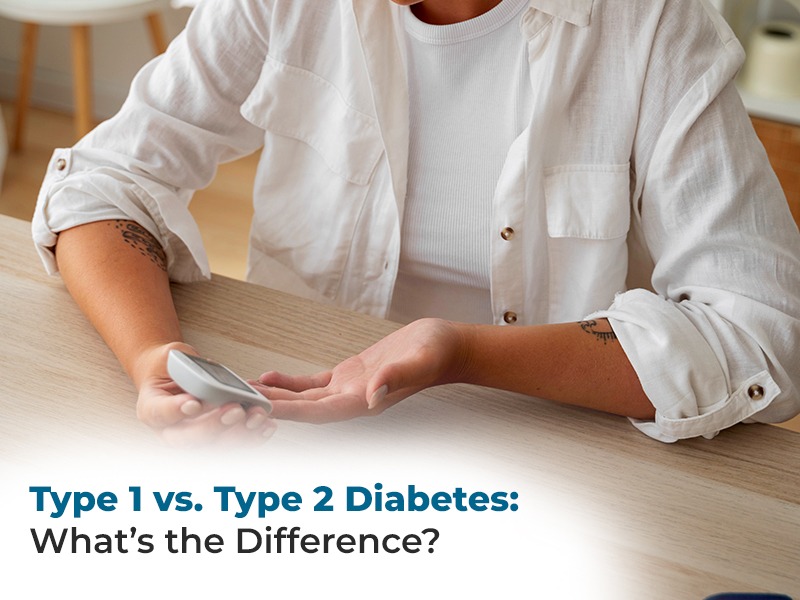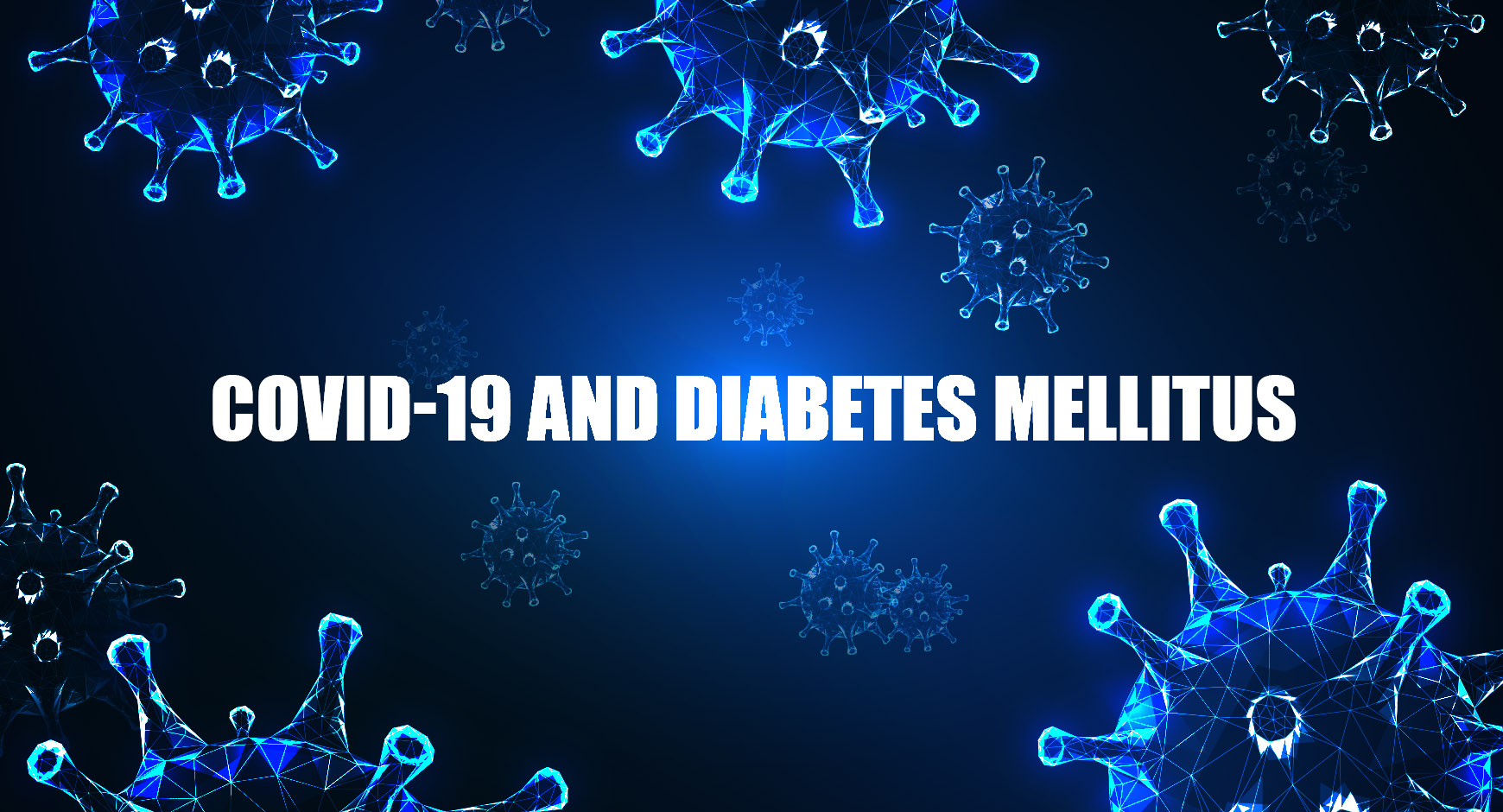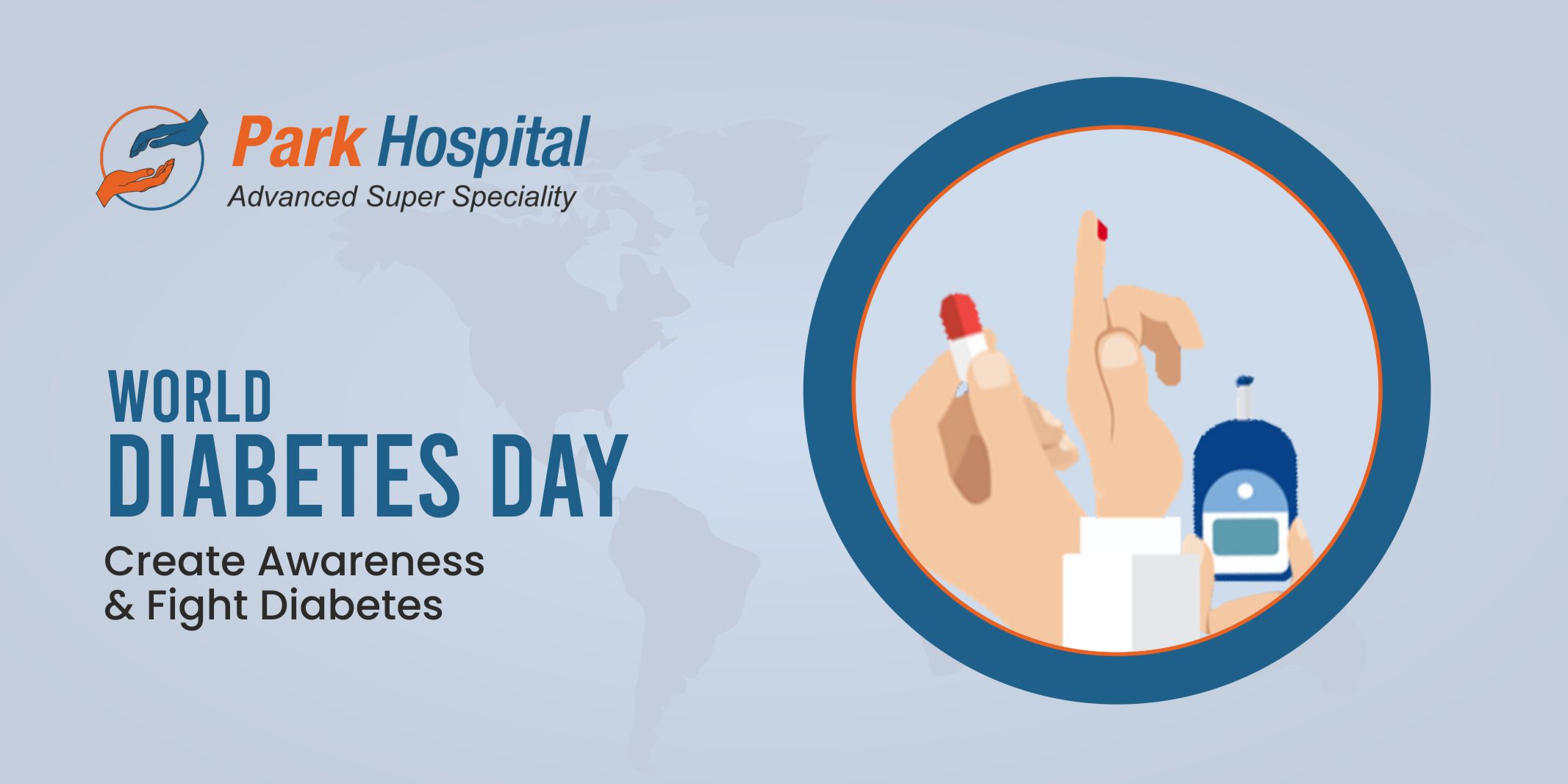Type 2 diabetes is one of the most common long-term health conditions today, but it's also widely misunderstood. Many people only find out they have it during a routine check-up, while others may go for years without knowing what's really going on. The good news? Once you understand how it works, you can take practical steps to manage it and, in some cases, even turn things around.
Let's unpack what type 2 diabetes actually means, how it differs from other endocrine disorders, and what your body might be telling you if it's heading in that direction.
What Exactly Is Type 2 Diabetes?
Type 2 diabetes is a condition where your body struggles to control blood sugar levels properly. This usually happens because the cells in your body have stopped responding well to insulin, a hormone that helps move sugar from the bloodstream into your cells for energy. In some cases, the body also doesn't make enough insulin to keep up.
As sugar builds up in the blood instead of being used properly, it starts to affect your health in all sorts of ways, often slowly and silently at first.
How Is It Different From Type 1 Diabetes?
While both fall under the umbrella of endocrine disorders, type 1 and type 2 diabetes aren't the same.
Type 1 diabetes is an autoimmune condition where the body's immune system attacks the insulin-producing cells in the pancreas. This usually starts in childhood or early adulthood, and people with type 1 diabetes need insulin injections from the start.
Type 2 diabetes, on the other hand, develops gradually and is more closely linked to lifestyle factors such as diet, weight, and activity levels, although genetics also plays a strong role.
What Causes Type 2 Diabetes?
As the best diabetologist in Gurgaon explains, there's no single cause, but a combination of the following usually plays a part:
● Weight gain, especially around the middle
● Lack of physical activity
● Family history of diabetes
● Poor sleep or chronic stress
● Being over 40, though younger people can develop it too
● Certain ethnic backgrounds, such as South Asian or African-Caribbean heritage, which tend to carry a higher risk
These factors affect how your body responds to insulin and increase the chances of blood sugar levels rising over time.
Signs to Watch Out For
Symptoms often come on slowly, and many people miss the early warning signs. Some things to look out for include:
● Feeling tired all the time
● Feeling thirstier than usual
● Needing to urinate frequently, especially at night
● Blurred vision
● Unexplained weight loss
● Cuts and wounds that take longer to heal
● Frequent infections or skin issues
If you've noticed a few of these creeping in, it's worth getting checked. A simple blood test can help confirm if your sugar levels are within the normal range or not.
How to Manage It (And What Really Helps)
If you've been diagnosed with type 2 diabetes, it's natural to feel overwhelmed. But managing it doesn't have to be all-or-nothing. Most people can make steady improvements through changes in daily habits and many go on to feel healthier overall.
Here's what can help:
1. Eat in a way that supports stable blood sugar
You don't need a restrictive diet, just a balanced one. Include more whole foods (like vegetables, lentils, oats, nuts), cut back on refined sugars, and keep an eye on portion sizes. Try to eat at regular times.
2. Move a bit more each day
Regular activity helps your body use insulin more efficiently. You don't need to run marathons; even a 30-minute walk or a dance around the house can make a difference.
3. Keep an eye on your numbers
Some people check their blood sugar at home, others rely on routine blood tests through their GP. Either way, knowing where you stand helps guide your decisions.
4. Take medication if advised
Not everyone with type 2 diabetes needs tablets or insulin right away. But if your doctor does recommend medication, it's there to support your body's needs. It's not a sign of failure; it's one tool in a larger plan.
What About Reversing Diabetes?
There's been growing interest in how to reversing diabetes, and while it's not a simple on-off switch, there is encouraging evidence. For some people, especially those recently diagnosed, significant weight loss and lifestyle changes can bring blood sugar levels back into a healthy range without medication. This is often referred to as remission.
It's important to note: remission isn't a "cure," and it doesn't apply to everyone. But it does show that with the right approach, it's possible to reduce the impact of diabetes and live well.
Don't Forget the Bigger Picture
Type 2 diabetes is part of a wider group of conditions known as endocrine disorders, which affect hormones and how the body regulates key functions like metabolism, stress, growth, and more. Managing diabetes often helps improve overall hormonal balance, heart health, sleep, and energy levels; thus, this follows to be a part of the endocrinology treatment.
It's not just about sugar, it's about supporting your body in a more holistic way.
Final Thought
If you've just been diagnosed or think you may be at risk, don't panic. Type 2 diabetes is serious, but it's also manageable. And it doesn't mean giving up everything you enjoy. With small, consistent changes and support from your GP or diabetes care team, you can take charge of your health.
Whether your goal is better control, fewer symptoms, or even remission, the most important step is simply to start paying attention. Consult Park Hospital today for a smoother journey. Your body has a way of bouncing back when you give it the right support, and it's never too late to start.
Also read: The New Face of Diabetes: Why It’s Hitting Younger People
FAQs
1. What is type 2 diabetes in simple terms?
Type 2 diabetes means your body can't use insulin properly, or doesn't make enough of it. This causes sugar to build up in your blood instead of being used for energy.
2. What are the early signs of type 2 diabetes?
You might feel more thirsty than usual, need to pee more often, feel tired, lose weight without trying, or have blurred vision. Some people may not notice any signs at first.
3. What is the best diet for someone with type 2 diabetes?
A balanced diet with more vegetables, whole grains, lean proteins, and healthy fats works best. Avoid sugary drinks, processed foods, and limit white rice and white bread. Eating smaller, regular meals helps manage blood sugar levels.
4. What are the long-term complications of type 2 diabetes?
If not managed well, it can lead to heart problems, kidney disease, eye issues, nerve damage, and slow healing of wounds. These happen over time due to high blood sugar affecting blood vessels and nerves.
5. What is the difference between type 1 and type 2 diabetes?
Type 1 is an autoimmune condition where the body stops making insulin, often starting in childhood. Type 2 develops later and is linked to lifestyle or family history. In type 2, the body still makes insulin but doesn't use it properly.

